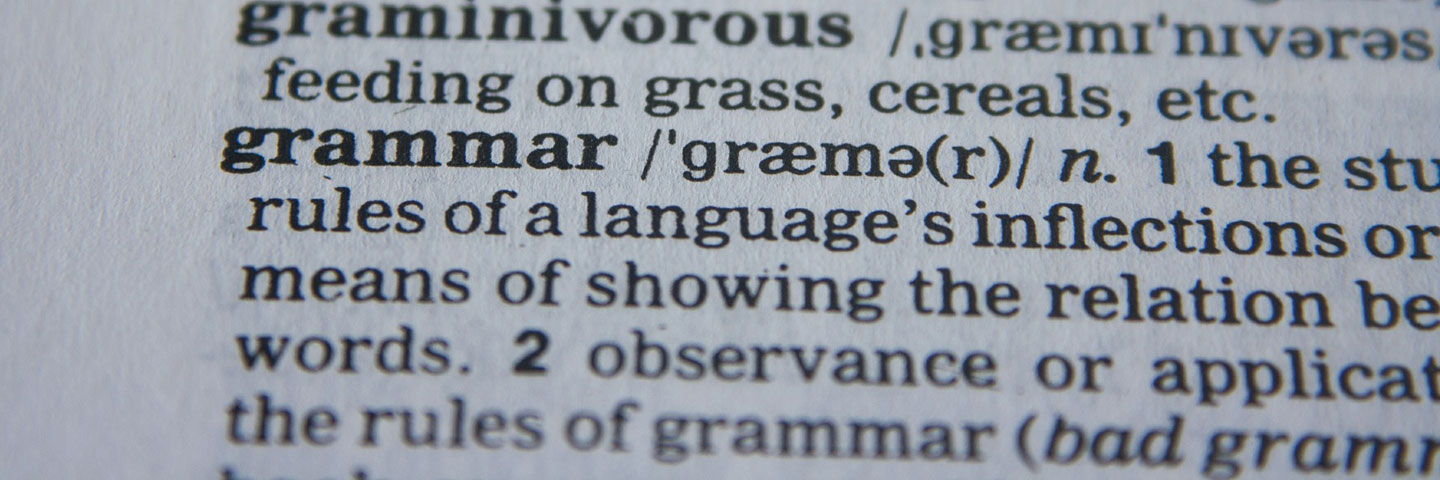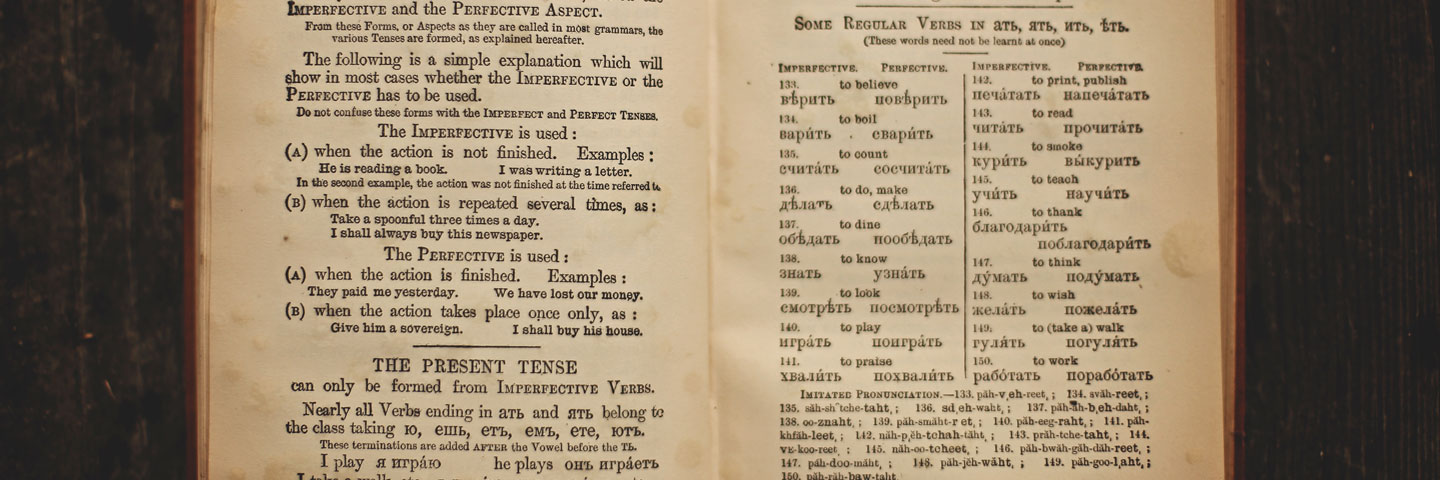Grammar is essential. By following its rules, we can string words together in ways everyone understands.
Some rules, though, don’t help us communicate. They persist only because we’re told they are rules. They make writing seem awkward, formal or contrived, and they force us to rewrite, to avoid their clumsy constructions.
These are grammar rules you should ignore.
Rule 1: Never split an infinitive
Follow this rule, and ‘to boldly go’ becomes the ungainly ‘to go boldly’ or the ghastly ‘boldly to go’. Is either of these easier to understand or more pleasant to read? Quite the opposite.
We don’t need to worry, though. As the Oxford Guide to Plain English makes clear:
There is no such rule, merely a superstition that arose in the 19th century when grammarians sought to impose Latin rules on English.
If you think a sentence will be more emphatic, clear or rhythmical, split your infinitive – there’s no reason in logic or grammar for avoiding it.
That’s good enough for me, but if you want more, here’s the Guardian Style Guide:
It is perfectly acceptable, and often desirable, to sensibly split infinitives – “to boldly go” is an elegant and effective phrase – and stubbornly to resist doing so can sound pompous and awkward (“the economic precipice on which they claim perpetually to be poised”) or ambiguous: “he even offered personally to guarantee the loan that the Clintons needed to buy their house” raises the question of whether the offer, or the guarantee, was personal.
Rule 2: Never start a sentence with ‘and’ or ‘but’
This rule at least has a little (misguided) logic to support it: since ‘and’ and ‘but’ are conjunctions and are normally used to join elements of a sentence, employing them at the start of a sentence must be wrong.
Except it isn’t. Here’s Fowler’s Modern English Usage:
There is a persistent belief that it is improper to begin a sentence with And, but this prohibition has been cheerfully ignored by standard authors from Anglo-Saxon times onwards. An initial And is a useful aid to writers as the narrative continues.
But what about ‘but’?
The widespread public belief that But should not be used at the beginning of a sentence seems unshakeable. Yet it has no foundation.
Even the Times Style and Usage Guide, which still considers split infinitives a hanging offence, agrees:
And may be used at the beginning of a sentence, especially for emphasis. Likewise for but.
Rule 3: Never end a sentence with a preposition
Why not? What possible harm can it do? Here’s Fowler’s Modern English Usage again:
One of the most persistent myths about prepositions in English is that they properly belong before the word or words they govern and should not be placed at the end of a clause or sentence.
The Oxford Guide is blunter:
A few fossils believe that a sentence is bad if it ends with words like ‘on’, ‘in’, ‘out’, ‘down’, ‘at’, ‘to’ and ‘over’. The poet Dryden probably started the myth in a 17th century essay.
The persistence of the myth, according to the Oxford Guide, is down to ‘snobbery and one-upmanship’.
Rewriting to avoid a sentence-ending preposition can produce some of the clumsiest writing around. Winston Churchill (reputedly) nailed this one, when he made a marginal comment against a sentence that awkwardly avoided a prepositional ending:
This is the sort of English up with which I will not put.
Indeed.
Find out more
Talk to us about how we can help you with clear and effective communication – and good grammar.





